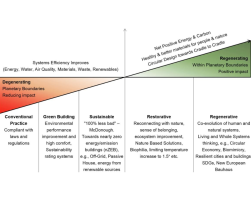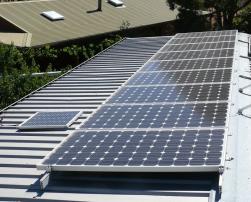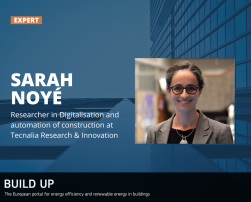Topic of the Month (September 2023)
Each month a relevant topic and several sub-topics are covered in detail. For the Topic of the Month, content following a common thread is developed by BUILD UP Editorial Board in collaboration with the Board of Ambassadors and other relevant experts in the field. This includes producing articles, case studies, webinars and more, all in line with the specific topic selected. Relevant events are also identified and highlighted.
Topics of the Month are announced at the end of the previous month in our website and newsletter. Please write us if you wish to know more about our upcoming topics of the month.

The paper highlights the potential and limitations of digital methods concerning regenerative design and suggests possibilities for future expansion by incorporating additional quantifiable indicators that reflect research developments, to achieve positive outcomes.

Majority of offices in Brussels no longer comply with energy standards which are necessary to meet 2050 net-zero targets.

The Scottish government is currently undergoing a consultation to reform domestic and non-domestic Energy Performance Certificates (EPC).

To meet 2050 targets of building energy performance, a key will be to use smart controls as part of the building management system (BMS).

A survey conducted by Building Research Establishment (BRE) found that fixing poor quality houses can bring £135.5bn of benefits over the next 30 years.

ENEA applica IoT e fotovoltaico in grado di dimuire consumi e bollette

New brochure highlights cost saving potentials through practical consumer actions

EXPERT TALKS series is an initiative from the BUILD UP portal. In the form of face-to-face interviews, experts from all around Europe and covering the field of Energy Efficiency in buildings from different perspectives share their views, experience and expertise with BUILD UP audience. The interviews address relevant topics linked to the Topic of the Month.

A research from University of Toronto suggests capping solar-powered buildings at 10 floors for net-zero energy success.

Energy efficient buildings should protect us in case of heat waves and climate change. The building envelope is crucial for this, although it lacks life-safety evaluations.
